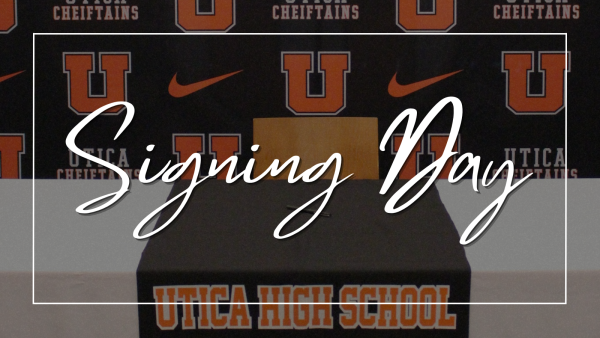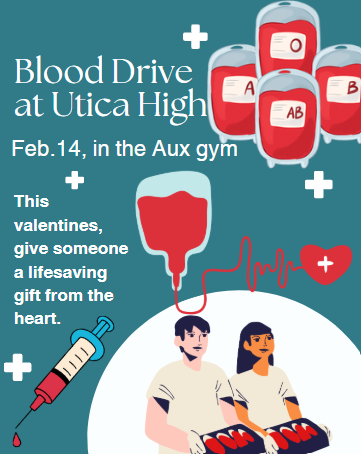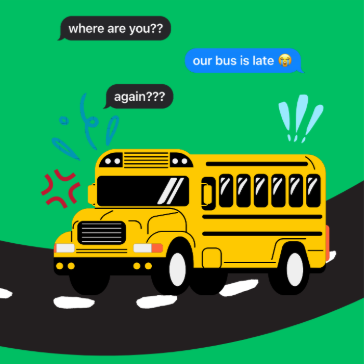Breast Cancer Awareness
Following last month’s awareness month, students, staff remember those who have won and lost their battles against the deadly cancer that will claim over 40,000 lives in 2014 alone
“My mon’s going to die.”
He didn’t want to think about it, but the thought entered his mind, anyway. Gathered with his family to celebrate Mother’s Day, everything changed for senior Chirstopher Shoudy, then fifteen-years-old, when his mother, Anne, announced that she had breast cancer.
“My mom was so strong for all of us,” Shoudy said. “It was obvious that she had already gone through the ‘sad stage’ of grieving, if you want to call it that. She was really positive and optimistic for us, because her doctors assured her that everything was going to be alright.”
Within a month, Shoudy’s mother had a double mastectomy, and immediately began chemotherapy and radiation treatments.
“It was a really rough time,” Shoudy said. “My mom’s treatments made her really sick. She was bedridden, and she could hardly get out of bed. If anything, she would come downstairs to sit on the couch once in a while. I really wanted to be there to help her out as much as possible, and if I wasn’t home, I was always on call.”
That following January, Shoudy’s mother beat her stage two breast cancer, and rang a bell at her hospital, signifying the official end of her treatments; she was cancer-free.
“I was relieved everything was over,” Shoudy said. “I was so happy she lived through it and that everything was going to be ok.”
Shoudy is not alone. Several students and staff members have connections to breast cancer, which, according to the American Cancer Society, will develop in one of every eight women in the U.S. during their lifetime.
Teacher Stacy Smale’s mother passed away from breast cancer eight years ago.
“There isn’t a day that goes by that I don’t think about her,” Smale said. “Cancer is a horrible disease, and it’s scary how fast it can spread.”
Smale’s mother’s doctor failed to diagnose her cancer for more than a year after she brought a lump to his attention. It wasn’t until she went to get a second opinion that she was told she needed a mastectomy the following day.
“It was very frustrating, because she did everything right. Women are told to report lumps as soon as possible, but her doctor didn’t even order a mammogram,” Smale said. “My advice to anyone in a similar situation is to get a second opinion as soon as possible. Doctors, after all, are only human. A mammogram should always be performed and can save lives.”
Smale’s mom was forty-five when she was diagnosed; however, younger women, or even men, can get breast cancer at early ages.
Alumna Nichole Forand was nineteen when she was diagnosed with breast cancer.
“It just seemed to go in one ear and out the other,” Forand said. “I didn’t really know what to make of it.”
After finding a lump, Forand immediately made an appointment with her doctor.
“Most girls my age don’t even think about checking, so I’m lucky I noticed mine. My advice to every woman, young or old, is to do regular checks so you notice as soon as there is a change.”
Now cancer-free, Forand says her experience has affected her in more positive ways than negative.
“It has made me realize that there is a lot to be thankful for every day,” she said. “You can’t take anything for granted.”
Shoudy said he is also thankful for his mother’s recovery and the memories they’ll be able to share in the future. “We have plans to celebrate by getting matching ribbon tattoos soon,” he said. “I love my mom so much and I’m glad she made it through this tough time.”






